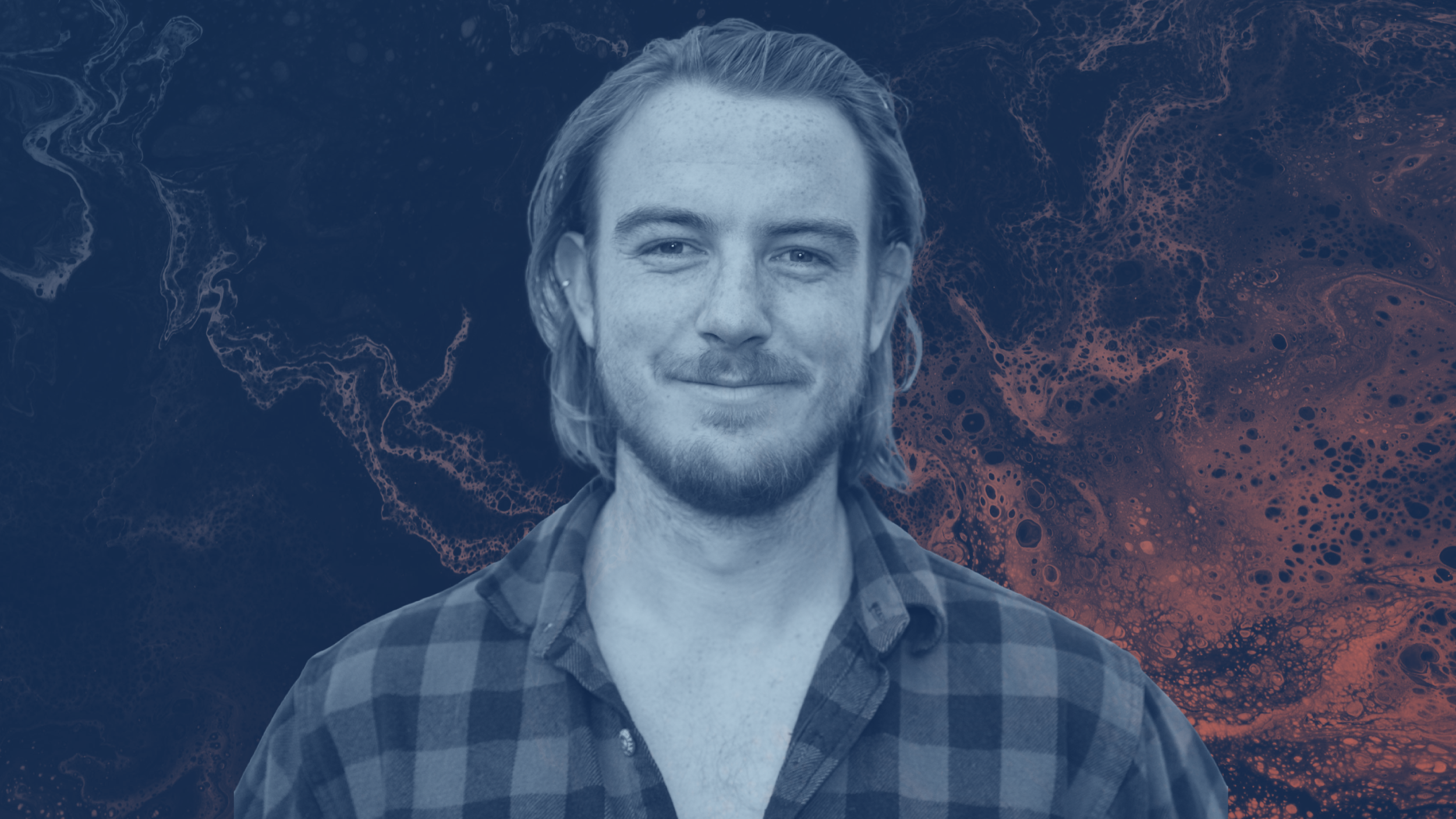
On Monday, over 100 healthcare professionals in Canada challenged the health minister’s decision to reject their application to access psilocybin.
In 2020, non-profit TheraPsil helped the first patients consume psilocybin through a Section 56 exemption –- which waives the compound’s prohibition on a case-by-case basis. TheraPsil represents patients and healthcare practitioners requesting access to psilocybin in Canada, with the goal of creating expanded regulatory pathways for psychedelic healthcare.
To discuss patient advocacy and psilocybin access in Canada, PSYCH sat down with TheraPsil’s CEO Spencer Hawkswell.
‘We are a non-profit that puts patients first, with the idea of representing patients and healthcare practitioners through a coalition,’ stated Hawkswell.
‘TheraPsil has a four-pillar mission: advocacy, public education, training for practitioners and research, which underpins everything we do. We do a lot of advocacy to create regulatory pathways to access psilocybin for treatment and training purposes, with a board that is also made up of patients and healthcare practitioners.’
Access to Psilocybin in Canada
Canada has a track record of adopting progressive healthcare policies, as the first G7 nation to regulate cannabis. PSYCH asked Hawkswell about the frameworks to access psilocybin for therapeutic purposes.
‘There are three pathways through which patients can access an illicit substance in Canada,’ explained Hawkswell. ‘They can do a clinical trial, get a Section 56 exemption or go through the Special Access Program (SAP).
‘With a Section 56 exemption you don’t actually get safe access to the drug – you just won’t go to jail if they catch you. The Special Access Program is very restricted: it is only for patients who have a condition where the drug has been used elsewhere, such as in phase one or two clinical trials. So, right now, the only people who can access psilocybin through the SAP are patients with treatment-resistant depression or end-of-life distress.
‘For the Special Access Program, we’ve been putting patients in contact with professionals who we’ve trained with psilocybin. A doctor then makes the request to access psilocybin, with all the research materials to prove why this patient should be accessing psilocybin and how the patient is similar to other patients used in psilocybin studies.
‘There has to be robust evidence, and, right now, Health Canada is denying SAP access and Section 56 exemptions for patients with cluster headaches, serious addiction issues and PTSD, on the grounds that there isn’t enough research – which is a shame.’
As data on the efficacy of psilocybin is collected through clinical trials, access to the psychedelic medicine could be expanded. PSYCH was interested to learn if a series of successful Special Access Program applications could lead to nationwide regulation.
‘It is about setting precedents, as it is very difficult to push boundaries and to go where others will not.
‘There is clinical evidence to support patients, but it is our belief system that guides us – and that is to put patients first. If people have the right to die with medical assistance, then they should also have the right to access psilocybin.
‘In British Columbia, they are going to decriminalise possession of hard drugs, such as cocaine, methamphetamine and opioids. Everyone will be able to carry 2.5 grams of opioids, but not psilocybin.
‘Why are we treating psilocybin as if it is more dangerous than opioids? Where is the data that shows psilocybin is so dangerous? It is totally wrong.’
The regulation of cannabis was instigated through patient advocacy; PSYCH asked Hawkswell if a similar goal for psilocybin was achievable.
‘I think we’ll have something exactly like medical cannabis, but for psilocybin,’ Hawkswell declared.
‘The federal government will remove the outright prohibition of psilocybin, and then each province will get to decide how they want to roll it.’
Oregon recently adopted the first rules for its psilocybin framework, which will be operational next year. PSYCH asked Hawkswell if he would like a similar model adopted north of the border.
‘In my opinion the Oregon model is far too restrictive. It is a great first start and I’m very happy that they’ve found access, but I think in Canada we can have something much more liberal and far more accessible for patients.
‘In Oregon, psilocybin has to be given in a clinic, where we’ve provided access in a patient’s home – taking a patient-centred approach which has proven to be effective.
‘This is a human rights issue in Canada and we shouldn’t be looking east, west or north. Regulators should be looking at the Canadian Charter of Rights and Freedoms for guidance. They should be asking “How does this document guide our laws?” and granting access based on that.’


